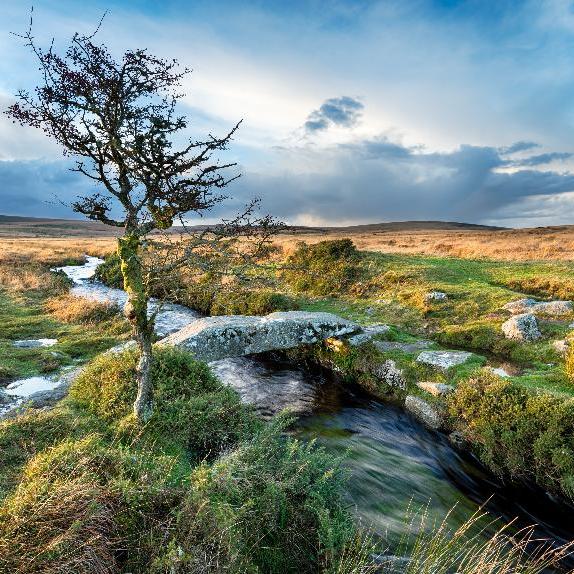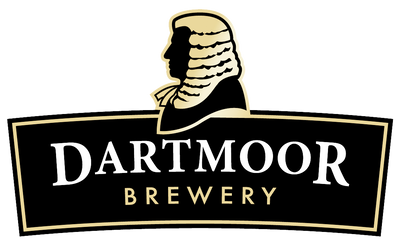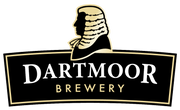OUR STORY
A story brewed on the wild moors of Dartmoor. Since 1994, we've been crafting award-winning beers. We've come a long way from our humble beginnings at the back of the Prince of Wales pub in Princetown to our current purpose-built brewery. We’re proud to have been brewing at England’s highest brewery for over three decades.
BORN ON THE MOORS
Our flagship ale, Jail Ale, draws its name from the nearby infamous Dartmoor Prison. It's a tribute to the bold, unyielding landscape that surrounds us. Alongside it, you’ll find our Dartmoor IPA and a range of beers that have become a staple in Devon's best pubs and beyond.
We pride ourselves on staying true to traditional and natural brewing techniques, with a few modern twists. We use the finest English malts, select hops, pure Dartmoor water, and our own in-house yeast to deliver unbeatable taste and quality.
Each pint is packed with character – much like the rugged landscape we call home.


FROM DARTMOOR TO YOUR DOORSTEP
You can taste the spirit of Dartmoor in every pint of our beers, whether you're enjoying them at a local pub in the South West or ordering for home delivery from our online shop.
CRAFTED WITH LOCAL PRIDE
As a proudly independent brewery, Dartmoor Brewery is part of a family of businesses that celebrate the best of Devon. We share local ownership with the award-winning Two Bridges Hotel in the heart of Dartmoor, and The Bedford Hotel in Tavistock.


